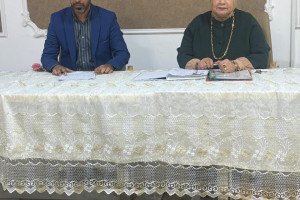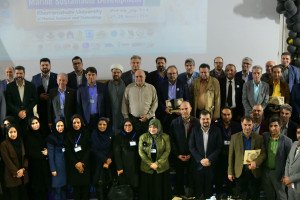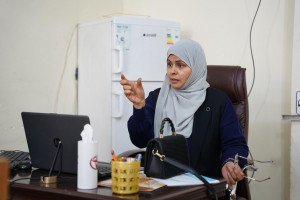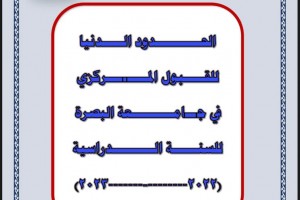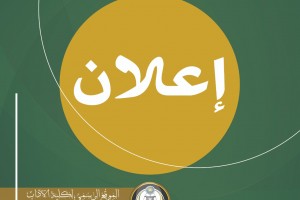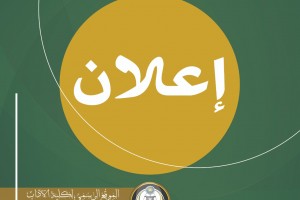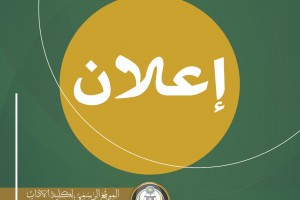
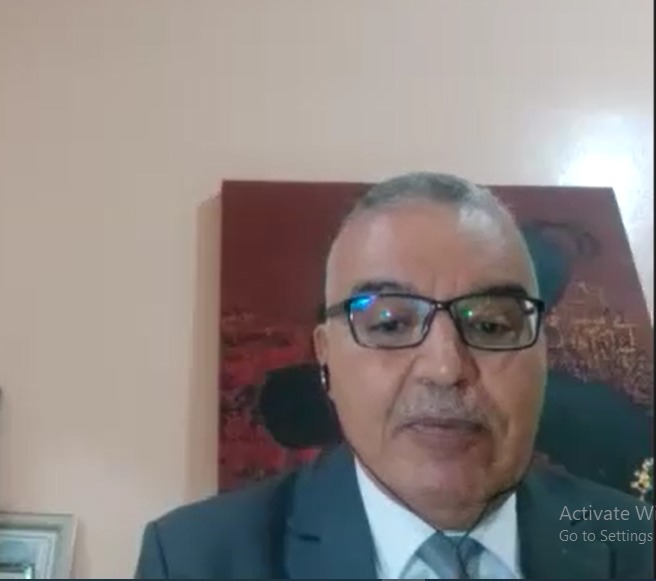
Prof. Dr. Hassan Al-Moden, Professor of Higher Education at the Teacher Training Center in Marrakesh, Morocco, gave a lecture entitled: The Arabic Novel, from the Family Novel to the Family Attachment Narrative, on Wednesday evening 10/13/2020.
The lecture was delivered on the platform of the College of Arts, University of Basrah, within a diverse cultural and scientific program, supervised by the Dean of the College, Professor Dr. Majid Abdul Hamid Al-Kaabi, and hosts a number of prominent Arab and foreign professors in their fields of specialization.
The lecture included the definition of the family novel; It is a mental structure that is explicitly or implicitly present in the novel and expresses an explicit or implicit kinship relationship. It also included the rooting of the terms family novel and family attachment narrative by returning to their origins in psychological criticism that appeared with Freud and by returning to developments in this field at the hands of modern researchers such as Jean Bellman-Noel and Pierre Bayard.
The lecturer concluded that the Arabic novel witnessed in its early stages the emergence of the family novel, as a means of expressing the individual's belonging to society, and his/her relationship to its customs and traditions. He pointed out that early novels, such as Zainab by Muhammad Hussain Haikal in Iraq and for the sake of marriage for Mahmoud Ahmad al-Sayyid in Iraq, were family stories.
The presence of the family in the novel continued to take more imaginative and more symbolic forms in many contemporary novels such as the novel of the American granddaughter of Inam Kajah Ji and the novel of Baba Sartre by Ali Badr, and others, in the context of the ability of this type of narratives to answer questions related to the relationship with the other and identity, and other questions pressing upon us at the present time.
At the end of his lecture, Dr. Hassan Al-Moden pointed out the importance of this type of studies, i.e. the updated psychoanalysis of narration, in providing fertile tools for studying the literary genre that is most present in our culture now, i.e. the novel, and to its importance, then, in helping to understand ourselves. Especially since we live in a rupture between the values of modernity and originality, and between the past and the present.
It is noteworthy that Dr. Hassan Al-Moden received the Katara Prize in Critical Studies in 2016, and his book: The Rhetoric of Persuasive Discourse, published in 2014, reached the long list of the Sheikh Zayed Prize for the year 2015. He has a number of books, including Writing and Transformation, published in 2000, and the book Unconscious of the Text in the Novels of Tayeb Salih in 2002, the Book of Novel and Textual Analysis, published in 2009, and the book Adventures of Narrative Writing, published in 2013. The book the Arabic Novel, From Family Novel to Family Attachment Narrative, was published in 2017, the Short Story and Psychoanalytic Book, 2018, and Literature and Psychoanalysis, published 2019. Among his translations: The French critic Jean Bellman-Noel’s book: Psychoanalysis and Literature, published in 1997, has A new edition was published in 2017, and Pierre Bayard's book: Police Novel and Psychoanalysis in 2015.
He is a member of the Union of Moroccan Writers, a member of university scientific laboratories in Morocco at the University of Marrakesh, the University of Casablanca, and the University of Beni Mellal, and an arbitrator member of some Arab awards such as the Morocco Book Award; Katara Award. He is publishes in many Arab magazines.

